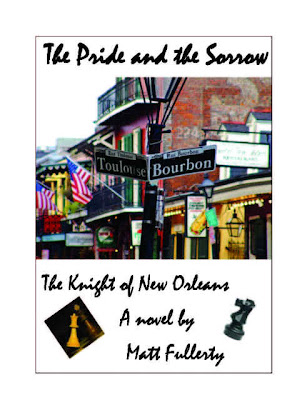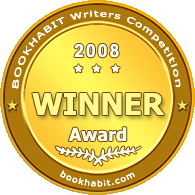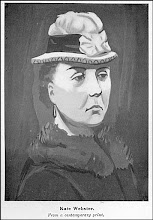
From poetry to lengthy prose, creative writing can be a great way to express yourself. Of course, even the best students and writers can use a few tips, a little inspiration and a whole lot of help getting their work out there. These blogs offer all of that and more. From blogs that focus on writers still trying to make it in the publishing world to those providing updates from best selling authors, you’ll find all kinds of information geared towards improving and informing your creative writing.
General
These blogs cover a wide range of issues for students of the written word.
- Writer Unboxed: Learn both about the creative and business sides of fiction writing from this great blog.
- Backstory: Ever wonder where writers get their inspiration? You’ll find loads of posts that record just that and you can contribute your own stories as well.
- Write Anything: Check out this multi-author blog to find writing challenges, inspiration and shared writing.
- Inkygirl: Daily Diversions for Writers: This blogger not only posts about using the Internet to improve your writing but posts her own comics frequently as well.
- Women on Writing: Get information on writing geared just towards female writers out there.
- Cute Writing: Here you’ll find posts on writing, blogging and publishing and many articles focus on ways to make your work more efficient.
- Write to Done: If you enjoy the blog Zen Habits, you’ll appreciate this blog by the same author. This site focuses on simple, effective ways to write more, better.
- The Urban Muse: Freelance writer Susan Johnston provides tips and tidbits for other working writers out there.
- Writing Forward: From grammar tips to ideas for improving your creative writing, check out the helpful posts on this site.
- Writer’s Write: This blog is a great place to find information about writers, books and the publishing world.
- Creative Writing Corner: Connect with your creative side through the posts on this blog.
- Creative Writing Contests: Want to challenge your creative skills? This blog can direct you to the great number of writing competitions out there.
Aspiring Authors
These bloggers are writing on the ‘net and off, still waiting to get their best work published.
- The Desperate Writer: This writer and cosmetologist shares her stories on this blog, both personal and creative.
- Incurable Disease of Writing: Blogger Missy is getting her degree in creative writing and posts about her experiences on this site.
- Emerging Writers Network: If you’re just getting started in your writing career, check out this site to learn about the ins and outs of writing and about other writers working towards success.
- Ficticity: Check out this site to find posted stories, writing tips and even a few book reviews.
- Authors’ Blogs: This isn’t just one blog, but a collection of numerous aspiring writers sites, so you can take your pick of reading material.
- Plot Monkeys: These four bloggers talk about everything from their everyday lives to the books they love.
- Maternal Spark: Moms who love to write or create on the side
Published Authors
Get some advice, inspiration and motivation from these authors doing what they love and getting paid for it.
- The Orwell Diaries: Most writers are familiar with the work of George Orwell. Here you’ll find regular postings from his personal diaries.
- Tom Conoby’s Writing Blog: This blogger shares his thoughts on books he reads, his own writing and much more.
- John Baker’s Blog: This working writer shares his passions– reading and writing– on this site.
- The Man In Black: Young mystery writer Jason Pinter shares his thoughts on just about everything on this blog.
- Neil Gaiman’s Journal: This well-known writer has published a large number of books, several of which have been made into major motion pictures. Check out his blog for more about what he’s working on right now.
- Wil Wheaton in Exile: Readers of this blog might recognize his name from his days on Star Trek: The Next Generation but these days this actor spends more of this time writing books and posting on his blog.
- A Writer’s Life: Love the TV series Monk? Learn more about the writer behind the books the series is based on from this blog.
- The Paperback Writer: With several published books under her belt, this blogger shares her writing tips as well as information about her personal life.
- Pocket Full of Words: Novelist Holly Lisle shares her experiences as a writer on her blog.
- Beyond the Beyond: Bruce Sterling has written numerous science fiction novels and now shares his thoughts on science and technology on his WIRED blog.
- Contrary Brin: Scientist and author David Brin maintains this site where readers can talk about issues from his books or just about anything else.
- Scott Berkun: This author teaches creative thinking, writes books and give public talks. Read about his writing adventures and otherwise here.
Improving Your Craft
Get some tips on becoming a better writer from these blogs.
- Becoming a Writer Seriously: Aspiring writers can find all kinds of helpful advice and guidance on this blog.
- WordSwimmer: Learn to understand the writing process a little better with a little help from blogger Bruce Black. There are loads of interviews with authors as well as suggestions on improving your writing.
- Time to Write: Blogger Jurgen Wolff wants to strike a creative spark in writers of all kinds by providing tips and inspiration here.
- Flogging the Quill: Check out this blog to learn more about the craft of creative storytelling.
- Six Sentences: What can you write in six sentences? Share your attempt at this writing exercise on this blog.
- Luc Reid: From tips on finding time to practice writing to information about the publishing industry, you’ll find loads of helpful posts on this blog.
- The Writing Show: While more podcast than true blog, this site is a good place for writers to get answers to their questions and get help finding inspiration.
- Men With Pens: Whether you’re a writer freelancing or just writing for fun, you’ll find tips on how to do it better on this blog.
- Write a Better Novel: Make sure whatever you’re writing will get the attention it deserves when time comes to get it published. This blog provides all kinds of information on creating a better novel, no matter the subject.
- Write Better: Here you’ll find a wide range of writing tips to get your creative writing in top shape.
- Clear Writing with Mr. Clarity: Learn to get to the point and write clearly and concisely whether you’re writing a letter at work or working on a book.
- Mike’s Writing Workshop: This blogger is all about posting things that can help writers get better and get inspired.
- Kim’s Craft Blog: Learn about writing fiction, memoirs and other creative writing from this writer who teaches courses at The Cambridge Center for Adult Education.
Grammar and Editing
You may have the best ideas but that doesn’t mean much if you can’t write them well. These blogs will help you tune up your writing so it’s publish-worthy.
- GrammarBlog: Laugh at the grammar and spelling errors of others while getting tips on improving your own skills on this blog.
- Evil Editor: This editor might be evil, but the tips provided on this blog can really help you refine your stories.
- Blue Pencil Editing: This blog is both a good resource for working editors and and writers in search of a little guidance.
- Editing and Proofreading Hints and Tips: Get simple tips on improving your editing process from this blog.
- Headsup: the blog: Here you’ll find posts about the sometimes frustrating world of editing and learn what not to do.
- Grammarphobia: This site offers readers the chance to ask their own grammar and language questions and get answers.
- Apostrophe Abuse: Think you know how to use the apostrophe? This blog might teach you otherwise.
- Daily Writing Tips: Get some daily advice on how to improve the basics of your writing.
- ProWriting Tips: This blog is home to numerous grammar and writing tips.
- The Engine Room: JD, a copy editor, runs this blog all about language use that can help you get a handle on your usage.
- Cheryl Norman, Grammar Cop: If you’ve got some questions about grammar that need answering, visit this blog.
- English4Today: Get a handle on the English language through the guidance of blogger Anthony Hughes.
Getting Published
The ultimate goal for many students and professionals working on creative writing is to get work published. This blogs can help you learn about the business, get your work out there, or even publish it yourself.
- Ask Allison: Ask your questions about breaking publishing and gets answers from this helpful blogger.
- Guide to Literary Agents: Get some tips on where and how to find a literary agent to represent your work when the time comes.
- Beacon Literary Services: Emerging writers and those with a little experience under their belts alike can take advantage of the publishing advice offered here.
- Questions and Quandaries: This Writers Digest blog answers a wide variety of questions about publishing.
- Writer Beware Blogs: While you may be desperate to get your work out there make sure you protect yourself from scams. The information in this blog can help you stay safe.
- The Swivet: Colleen Lindsay is a literary agent and you can read her reactions to recent publications and if you meet her requirements even submit your own work.
- The Rejecter: This blogger isn’t a literary agent but an assistant to one, the person you’ll have to go through to get your work published, and she posts all about her work on this blog.
- Booksquare: This blog works to dissect the publishing industry so you can learn it inside and out.
- Pubrants: Literary agent Kristen blogs about everything publishing from queries to working with writers.
- Nathan Bransford Literary Agent: Want to know more about literary agents and the publishing world? Check out this blog.
- Practicing Writing: This blog posts plenty on writing advice as well as the latest publishing opportunities.
- Bob Baker’s Full-Time Author Blog: Thinking of making the leap to being a full-time writer? This blog can be a great resource on publishing your own book to set the stage.
- Future Perfect Publishing: Explore all the possibilities for publishing that are out there through the help of this blog by Tom Masters.
Genre Focused
These creative writing blogs focus on one particular type of writing, such as mysteries, romance and fantasy.
- Storytellers Unplugged: This multi-author blog is contributed to by writers, editors and publishers and can give you a great background on writing in a wide range of genres.
- Gibberish: Science fiction and fantasy writer Jayme Lynn Blaschke posts about his writing and more on this site.
- SF Signal: From books to movies, you can keep abreast of all the goings on in world of science fiction through this blog.
- SF and Fantasy Novelists: Here you’ll find loads of information on writers working in the science fiction genre.
- Reading, Raving and Ranting: If you’re interested in historical fiction you can read about Susan Higginbotham’s experience writing about fourteenth-century England.
- Myth and Mystery: Novelist and contributor to the New York Times Rick Riordan is a mystery writer and you can read about his latest work on this site.
- Type M for Murder: Learn a little bit about murder mysteries from this multi-author blog.
- Crime Fiction Dossier: If crime fiction is your thing, you’ll learn loads from this blog by David Montgomery.
- Jungle Red: Six mystery writers contribute to this blog that talks about writing, life, love and much more.
- Romancing the Blog: This blog is home to numerous romance novelists who post on just about everything.
Fiction Writing
Most creative writing falls into the category of fiction, so learn more about writing great novels and stories from these blogs.
- Advanced Fiction Writing: Written by the "mad professor" of fiction writing, this blog is geared towards inspiring you and getting you writing.
- Writing Fiction: Here you’ll find a lively discussion about writing and publishing novels and short fiction.
- Killer Fiction: With five published authors contributing to this blog, you’ll get loads of tips and posts on writing.
- Ginny’s Fiction Writing Blog: Ginny Wiehardt posts about fiction writing in this About.com blog.
- Becoming a Fiction Writer: This blogger is following her dream of becoming a fiction writer.
- Blog Fiction: If you plan on taking to the net with your writing, this blogger can give you all kinds of tips on doing it right.
- Fiction Writers Review: The writers who run this blog are all about reviewing books but they also discuss what works and what makes truly great fiction.
- Angela Booth’s Writing Blog: Whether you’re writing fiction or just freelancing, you’ll find helpful writing tips on this blog.
- Fiction Writing: The Passionate Journey: You won’t become a great writer overnight. This blog can help you start and keep going along your journey to writing success.
- Fiction Scribe: From grammar errors to book tours, this blog talks about a wide range of issues affecting fiction writers.
Poetry
If verse is more your thing, pay these helpful blogs a visit.
- Avoiding the Muse: Doctor, blogger and author C. Dale Young maintains this blog as well as teaching an MFA program on writing.
- Poetry Hut Blog: Keep up to date on the latest happenings in the poetry world with this blog.
- Poet with a Day Job: Does the title of this blog remind you of yourself? Read this blogger’s posts on writing, reading and everyday life here.
- 1,000 Black Lines: Posts on this blog are a single line long, some of which record daily events and others that read like lines of poetry.
- The Best American Poetry: Learn about some of the best poetry out there through this blog.
- harriet: The Poetry Foundation maintains this blog, which posts about happenings in the poetry world and speaks directly to you, the poet.
- Poems at the Poetry Showcase: Contribute your poetry to this blog, or read the postings of others.
- Poets.org: The American Academy of Poets lets you know about great poetry that’s out there through their blog.
- Poetry and Poets in Rags: This blogger is both a salesman and a poet.
- Silliman’s Blog: Here you’ll find informative posts on contemporary poets and their work.
- Poets Who Blog: This blog is a great resource for poets, with writing contests, posts about work and more.
www.bestcollegesonline.com




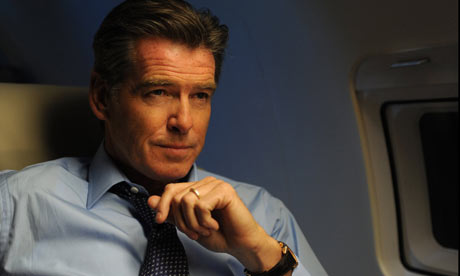


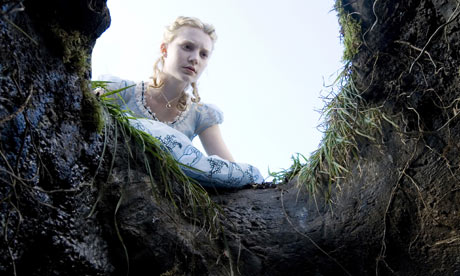



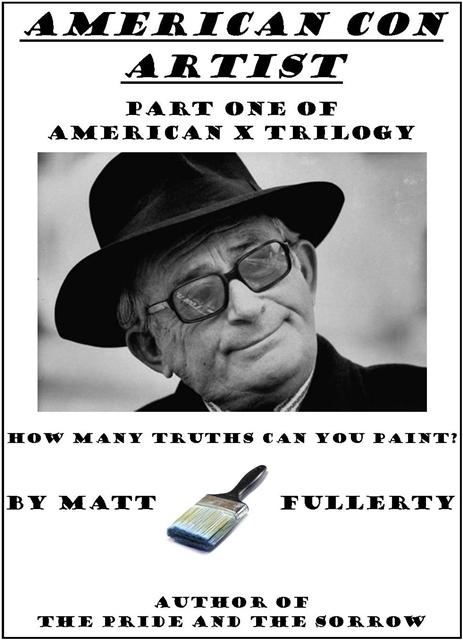cropped.jpg)
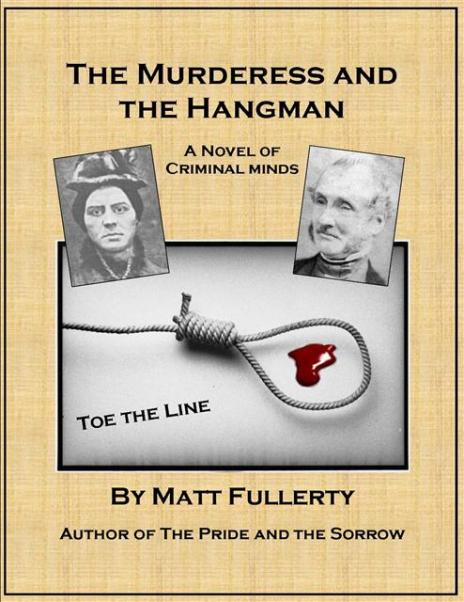.jpg)
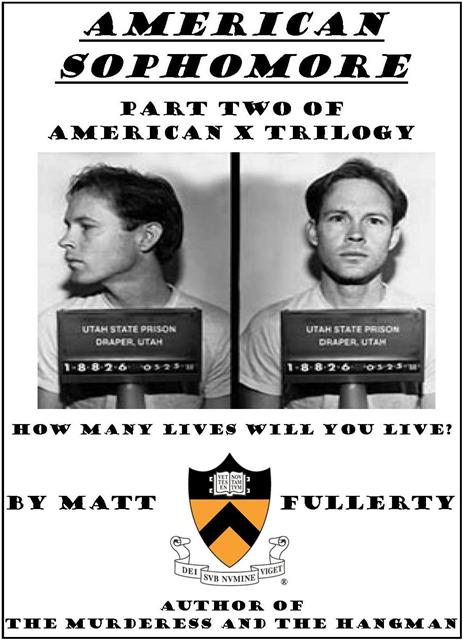cropped.jpg)
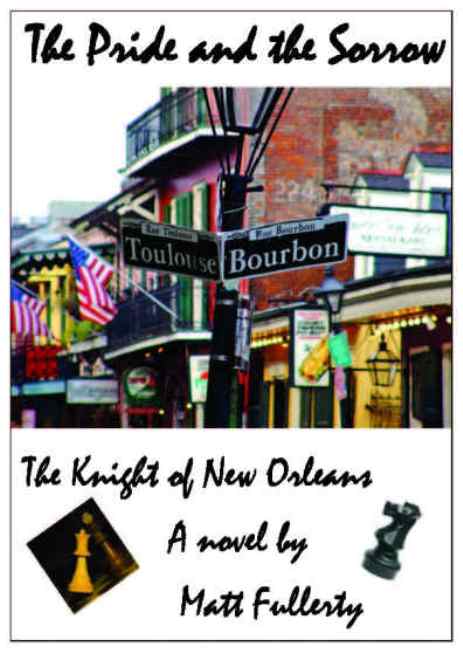2.jpg)
Cropped.jpg)
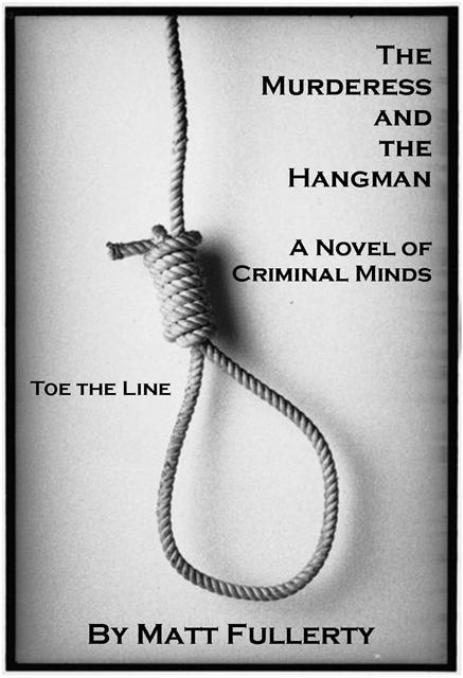cropped.jpg)
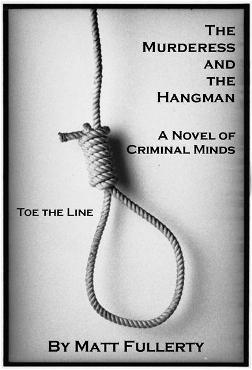4.jpg)
